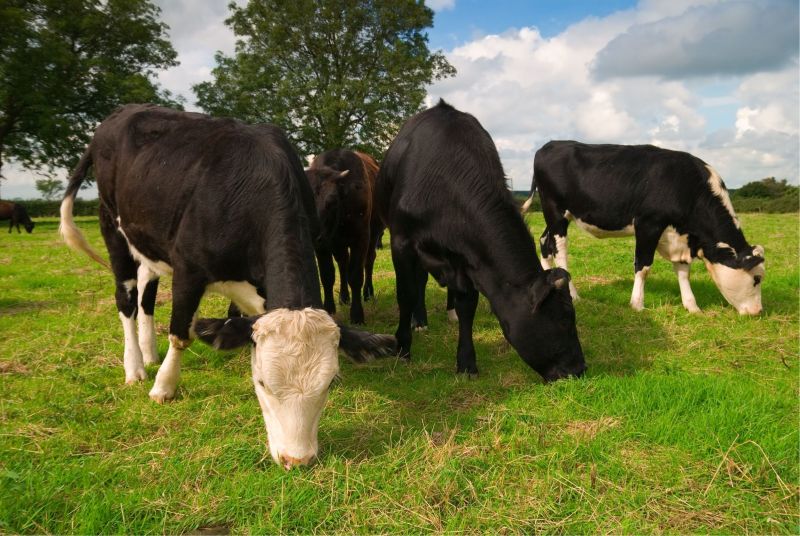
Farmers and vets are being asked to take part in a new consultation by the RSPCA on its proposals to help eradicate bovine TB.
The charity is offering farmers and vets - the people most affected by the consequences of bTB infection in beef and dairy herds - the opportunity to have their say.
Its proposals are listed in a new report looking at management measures aimed at eradicating the disease.
It suggests a number of new approaches to tackle bovine TB, providing details of the thinking and science behind them.
The RSPCA believes that the current badger culling programme has 'no credible scientific basis', instead favouring badger vaccination.
It points to data which indicates that current approaches are failing to bring the disease under control.
The animal charity adds that a completely new approach that is 'evidence-based, sustainable and humane' is urgently needed.
Proposals include the formation of bTB control co-operatives and a strengthening of biosecurity, biocontainment and cow resilience.
The report goes on to highlight how increased funding of control measures is a must and an improved approach to accuracy of bTB testing.
Adam Grogan, the RSPCA’s Head of Wildlife said: “Current bTB eradication measures aren’t working. The proposals in our consultation are supported by the evidence set out in our new report, providing fresh evidence-based solutions to the problem of bTB.
“We are consulting because we want to give farmers and vets the chance to have their say on our proposals which include approaches designed to effectively tackle this disease.
“We’d welcome farmers’ and vets’ feedback on our proposals”.
It follows last week's announcement of a further 11 new cull licences, to add to the 42 cull zones already in operation.
The consultation runs for six weeks until 1 November 2019.
